Circular Economy
To achieve self-sufficiency and sustainable urban living, StarCity Multimedia Ltd will drive the development of smart cities based on a circular economy model. This model will focus on reusing, recycling, and repurposing all materials, ultimately eliminating waste and creating economic cycles that regenerate rather than deplete resources.
Waste-to-Resource Transformation
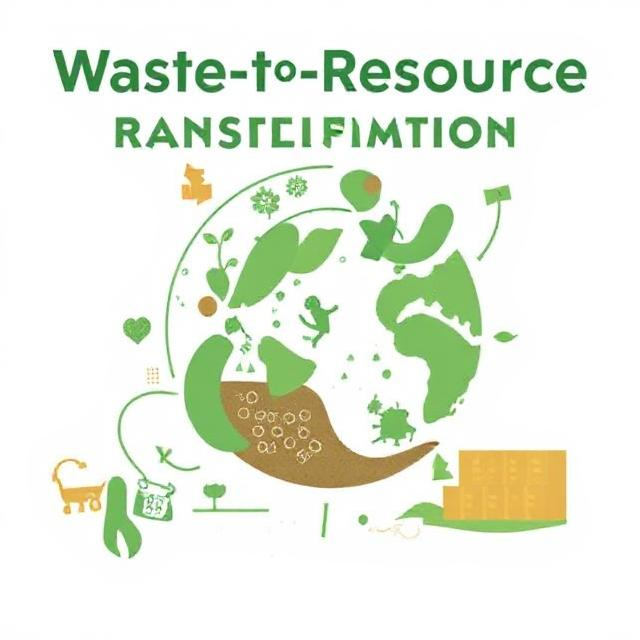
Instead of traditional waste disposal, StarCity will establish systems that convert waste into valuable resources to be reintegrated into the economy.
Biodegradable Waste → Biogas & Fertilizer: Food waste, sewage, and agricultural byproducts are processed into biogas for energy generation. The leftover digestate is used as organic fertilizer for urban farming, contributing to local food production and closing the loop.
Plastic Waste → Building Materials & Textiles: StarCity will recycle plastics into modular building materials, paving tiles, and textiles. Advanced AI sorting and upcycling technologies ensure high-quality plastic reuse and minimize waste.
E-Waste → Component Recovery & Reuse: StarCity will set up e-waste recycling centers to extract precious metals, functional components, and raw materials for reuse in new tech products.The recovered materials will be reintegrated into StarCity’s technology ecosystem, reducing the need for new mining and resource extraction.
Sustainable Manufacturing & Product Life Extension
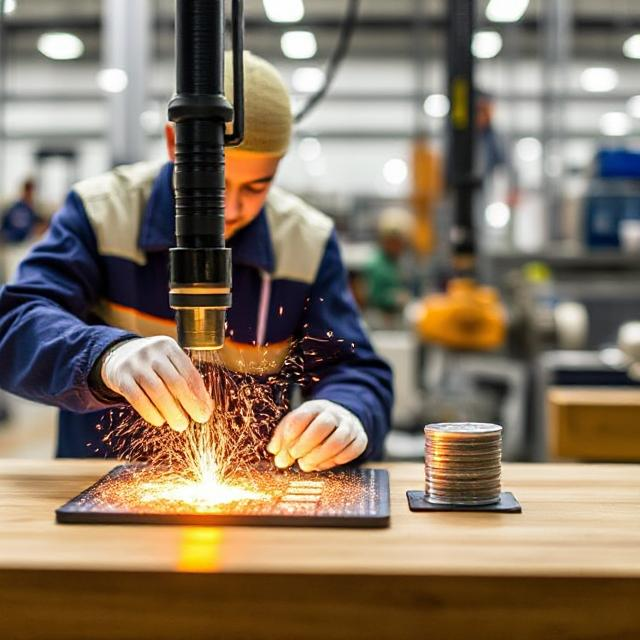
Design for Reuse & Repair: All products produced or sold within StarCity (from home appliances to electronics) will be designed for modularity and easy repair. StarCity Repair Centers will be established across the city to ensure prolonged product life and reduce consumer waste.
Circular Product Platforms: StarCity will implement AI-powered digital platforms that enable peer-to-peer renting, reselling, and sharing of goods, creating a collaborative consumption model. Smart inventory management ensures that excess materials and products are redistributed across the local economy.
3. Circular Construction & Urban Development
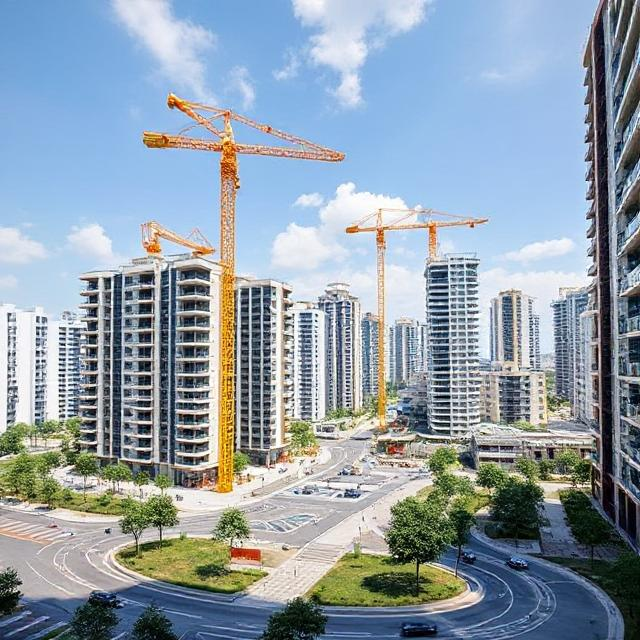
Sustainable Building Materials: StarCity will prioritize recycled materials (steel, concrete, plastics) in construction projects. AI-powered construction optimization will reduce material waste and increase the efficiency of building projects.
Modular, Disassemblable Infrastructure: All StarCity buildings will be designed for easy disassembly, allowing the materials to be reused or repurposed in future projects. Decommissioned structures will provide a continuous flow of reusable materials, eliminating the need for demolition waste disposal.
Water Recycling & Reuse

Smart Water Management: StarCity will employ IoT sensors to detect leaks and optimize water distribution in real-time, minimizing waste. AI will manage water distribution based on real-time demand forecasts.
Wastewater Treatment & Reuse: Greywater systems will recycle water from baths, sinks, and showers for irrigation and industrial use. Rainwater harvesting systems will be integrated into buildings to capture water for non-potable uses, such as cooling and landscaping.
Economic Integration – Creating Value from Waste
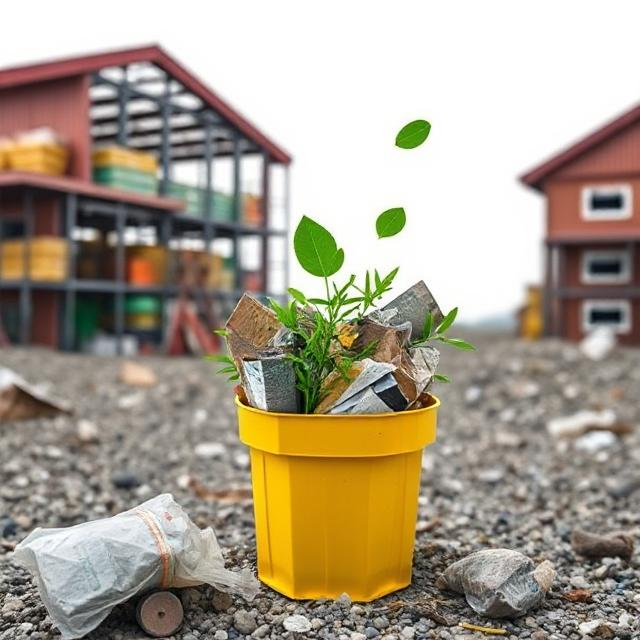
Circular Business Ecosystem: Companies operating within StarCity will be incentivized to use recycled materials in their production processes. Material recovery and repurposing will be integral to the local economic cycle, fostering a zero-waste economy.
Blockchain for Material Tracking: StarCity will integrate blockchain technology to track materials through their lifecycle, ensuring transparency and accountability in recycling and reuse. AI optimization will manage the flow of materials across different businesses and economic cycles, reducing waste and enhancing efficiency.
StarCity’s Role in the Circular Economy
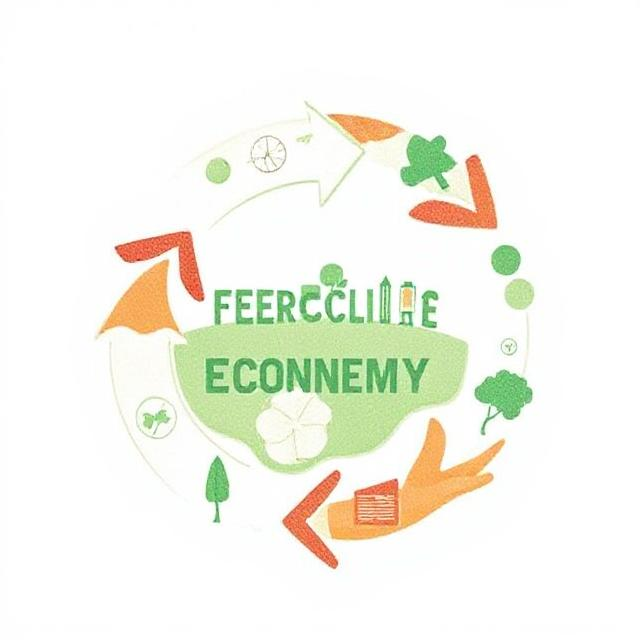
Resource Center for Innovation: StarCity Multimedia Ltd will establish a Resource Innovation Hub to lead in research and development of new materials, recycling technologies, and sustainable manufacturing methods.
Community Engagement & Education: Residents will be encouraged to participate in waste-to-resource programs, receiving incentives for proper recycling, repairs, and use of shared resources. Smart apps will track and reward circular economy participation, ensuring active involvement from the community.
Global Expansion of Circular Cities: As StarCity expands to 10,000 cities, each new smart city will follow the same circular economy principles, ensuring scalability and consistency across regions. Partnerships with local governments, businesses, and international organizations will help drive the global adoption of the circular economy within StarCity’s framework.
Implementation Strategy

Pilot Program: Launch a pilot StarCity as a testbed for circular economy principles in action, focusing on waste-to-resource, smart manufacturing, and modular infrastructure.
Infrastructure Investment: Build state-of-the-art recycling plants, repair centers, water management systems, and biogas production facilities in the pilot city.
Policy Development:
Collaborate with government bodies and private stakeholders to develop policies that incentivize circular economy practices and ensure regulatory compliance across StarCity projects.
Collaborate with government bodies and private stakeholders to develop policies that incentivize circular economy practices and ensure regulatory compliance across StarCity projects.
